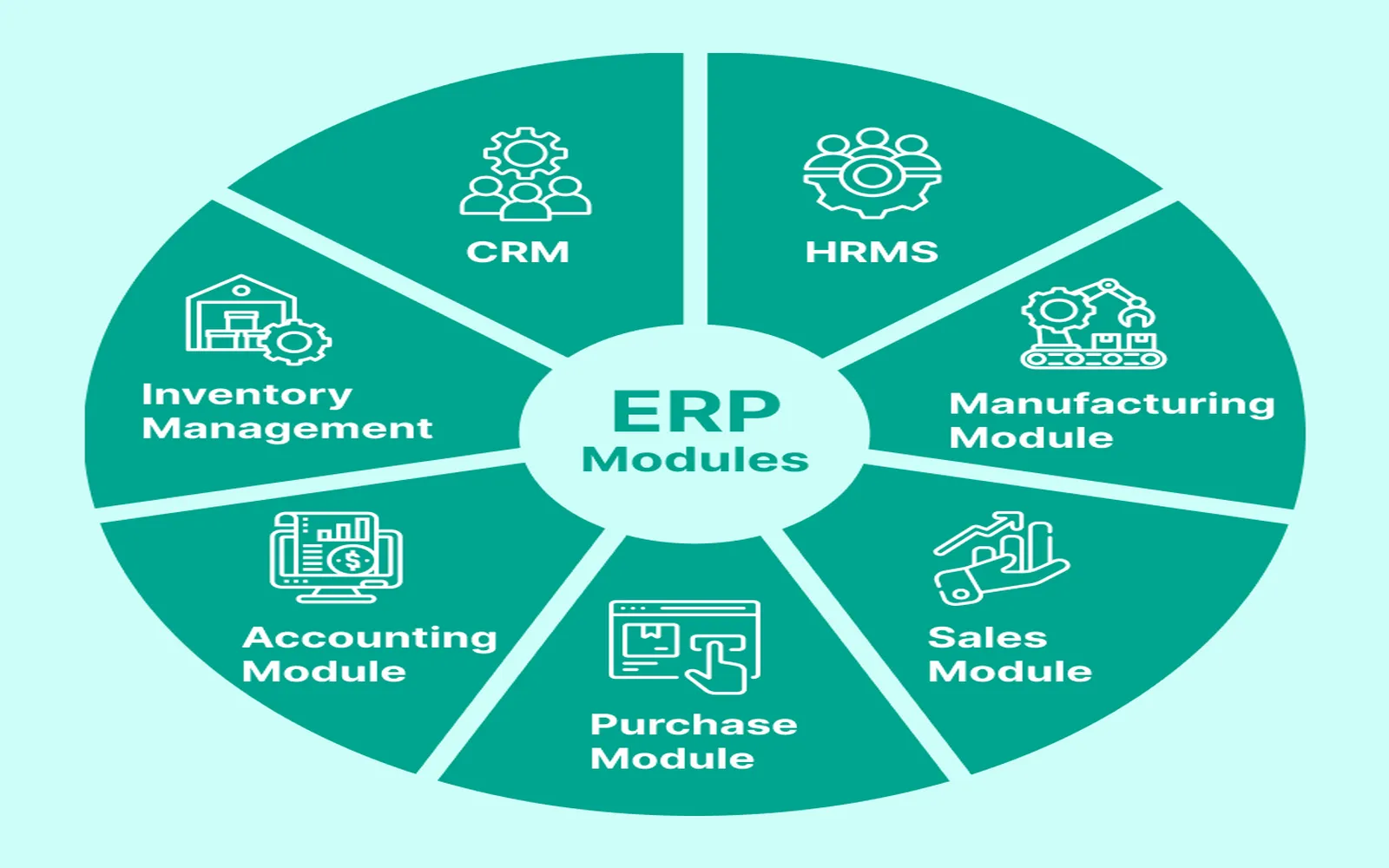How Enterprise Software Can Drive Growth
As businesses strive to remain competitive in a rapidly evolving marketplace, the role of enterprise software becomes increasingly crucial. This technology not only streamlines operations but also positions organizations for sustainable growth. In this article, we will explore how enterprise resource planning (ERP), customer relationship management (CRM), and other enterprise applications can drive growth by enhancing efficiency, improving decision-making, and fostering customer relationships.
Enhancing Operational Efficiency
One of the primary ways enterprise software contributes to business growth is by enhancing operational efficiency. By automating routine tasks, organizations can reduce human error and increase productivity. For example, an ERP system integrates various business processes, such as inventory management, finance, and human resources, into a single platform. This integration ensures that information flows seamlessly across departments, allowing for better collaboration and quicker response times.
Moreover, enterprise software provides real-time data analytics, enabling businesses to identify bottlenecks and inefficiencies. Such insights can lead to process improvements, resource reallocation, and ultimately, cost savings. For instance, a manufacturing company using an ERP solution can track inventory levels in real-time, helping it to reduce excess stock and minimize storage costs.
Improving Decision-Making
Another significant benefit of enterprise software is its ability to enhance decision-making processes. With access to accurate and timely data, managers can make informed decisions that drive growth. Advanced analytics tools that come with enterprise applications allow businesses to analyze trends, forecast demand, and evaluate performance metrics.
For example, a company utilizing a CRM system can gather insights about customer behavior, preferences, and purchase history. This information can be leveraged to create targeted marketing campaigns, improve product offerings, and enhance customer service. By understanding customer needs, businesses can not only retain existing clients but also attract new ones, contributing to overall growth.
Enhancing Customer Relationships
Customer satisfaction is a critical component of business growth, and enterprise software plays a vital role in enhancing customer relationships. A robust CRM system enables businesses to manage customer interactions effectively, providing a 360-degree view of customer interactions and preferences. This comprehensive understanding allows companies to tailor their services and communications to meet individual customer needs.
Furthermore, enterprise applications can automate customer support processes, ensuring prompt and efficient service. Features such as chatbots and automated ticketing systems help businesses respond to customer inquiries in real-time. The result is not only improved customer satisfaction but also increased loyalty, which can lead to repeat business and referrals.
Facilitating Scalability
As businesses grow, their operational needs change. Enterprise software is designed to scale with the business, accommodating increased workloads and new processes without sacrificing performance. Many ERP and CRM systems offer modular solutions that allow organizations to add functionalities as required.
This scalability is particularly beneficial for businesses looking to expand into new markets or launch new products. For instance, a growing e-commerce company can easily integrate additional sales channels and payment systems into its existing enterprise software framework. This flexibility not only saves time and resources but also positions the business to seize new opportunities quickly.
Driving Innovation
Innovation is key to staying ahead in a competitive landscape, and enterprise software can drive this innovation by providing businesses with the tools they need to experiment and adapt. With features like cloud computing and collaboration tools, enterprise applications enable teams to work together seamlessly, irrespective of their geographical locations.
Additionally, enterprise software facilitates the integration of emerging technologies such as artificial intelligence (AI) and machine learning (ML). These technologies can be used to automate processes, enhance customer experiences, and provide insights that drive strategic decisions. For example, a retail business might use AI algorithms to analyze customer data, predicting trends and personalizing the shopping experience.
Conclusion
In conclusion, the implementation of enterprise software is a strategic investment that can significantly drive business growth. By enhancing operational efficiency, improving decision-making, strengthening customer relationships, facilitating scalability, and fostering innovation, organizations are better equipped to navigate the complexities of today’s marketplace. As technology continues to evolve, embracing enterprise applications will be vital for businesses aiming to thrive in an increasingly competitive environment.
Explore

Top HBS Online Courses for Career Growth in 2025

The 'Three Bucket' Strategy: Balancing Cash, Bonds, and Growth Assets

Top ERP Tools to Power Small Business Growth
Unlocking Success: How Call Answering Services Enhance Customer Experience and Boost Business Growth

FHA Loans Explained: Who Qualifies and What You Can Buy

How to Choose Local Kitchen Remodelers You Can Trust

What a Car Accident Lawyer Can Do for You After a Crash

Why Choosing a Local Law Firm Can Improve Your Case Outcome
